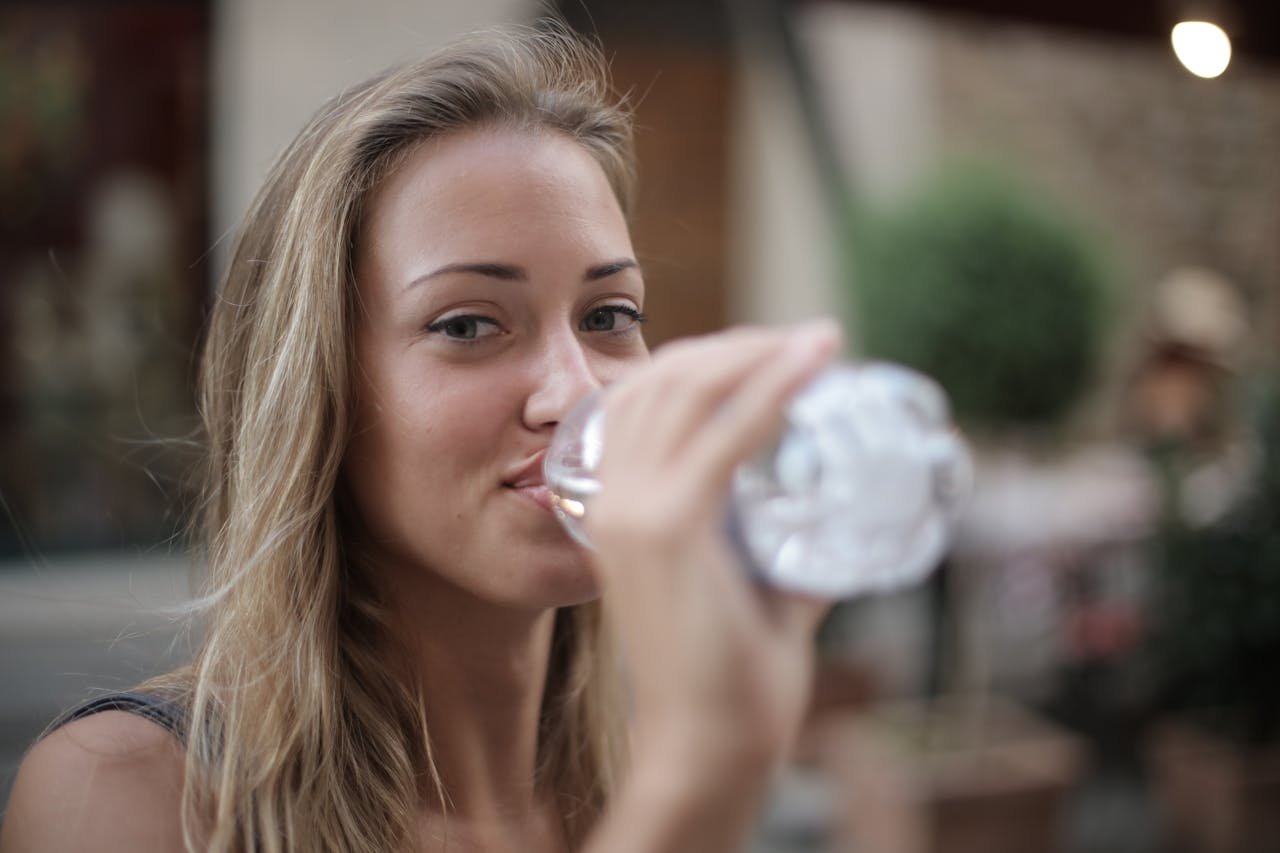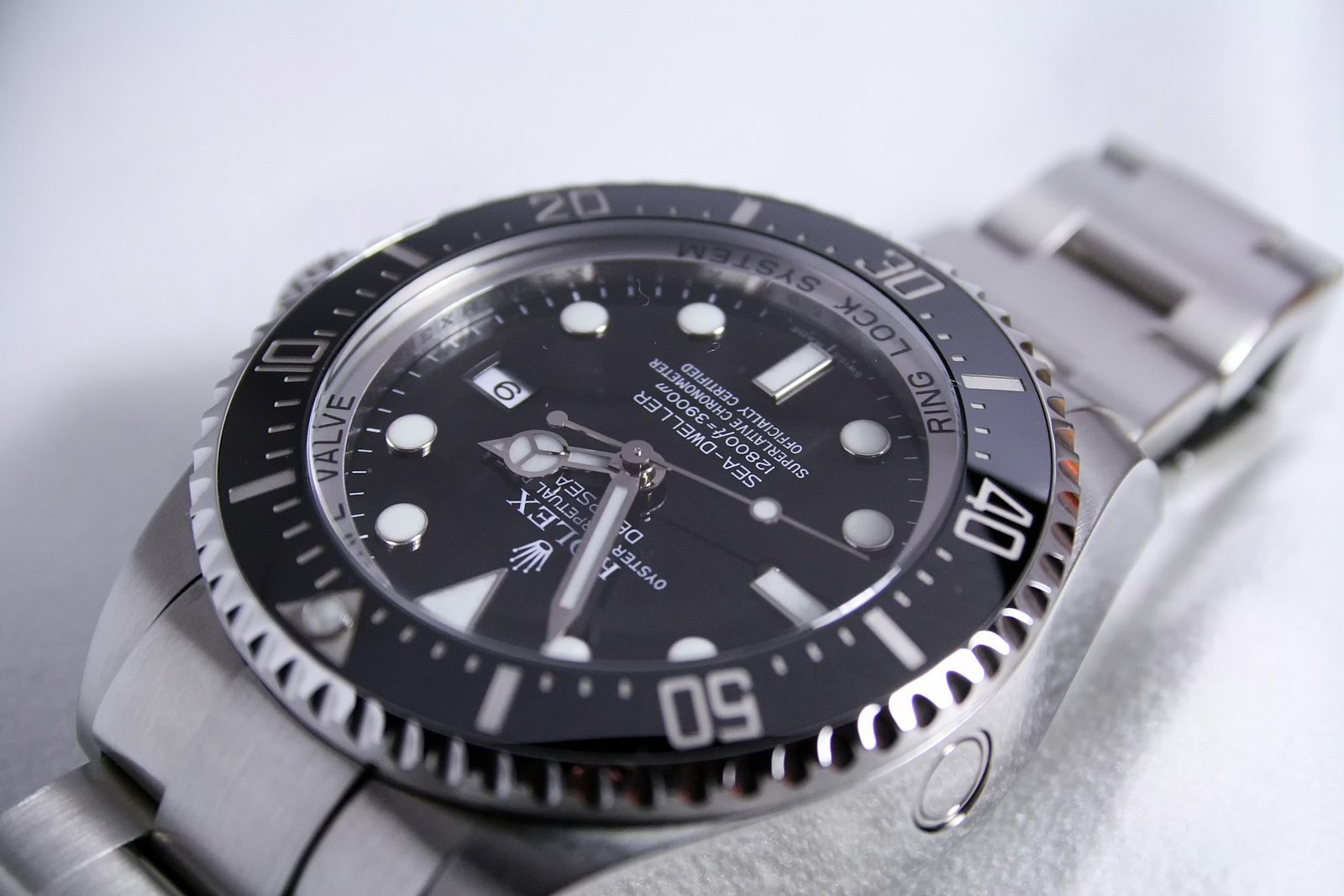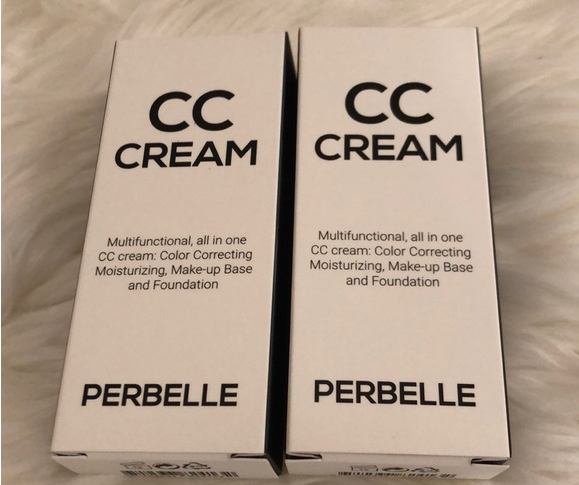Photo by Andrea Piacquadio:
Hydration is very important for keeping your body at its best while doing exercise. Since water makes up over two-thirds of our human body and daily activities are constantly using this resource, staying hydrated becomes a helpful requirement.
Dehydration impacts the ability of your body to regulate heat, which leads to increased body temperature and heart rate. This might make you feel more exhausted when doing physical activities due to these two factors working together. In such situation, knowing about electrolytes is very important for best hydration and fighting against these effects. Now, let’s dive deeper into how you can hydrate effectively, starting with the important role of electrolytes.
Understand the Role of Electrolytes
Electrolytes like sodium, potassium, calcium, and magnesium are important for balancing fluids in our body. They help with nerve signals, muscle movements, and keeping pH levels normal. Electrolyte powders are especially useful in this case because they can be easily added to water. Therefore, mixing a good-quality electrolyte powder into your water bottle can boost hydrating efficiency as you replenish minerals lost through sweating. This is crucial for healthy cell function, as it provides essential nutrients and efficiently expels waste products, ensuring all processes run smoothly.
This becomes especially significant during extended physical activities, where maintaining electrolyte balance is key to sustaining both health and performance. Moreover, keeping electrolyte levels optimal can prevent muscle cramps that frequently occur during vigorous exercises. Replenishing electrolytes promptly after workouts also enhances muscle recovery and diminishes post-exercise soreness.
Timing Your Hydration
Optimal hydration requires careful timing. Drink fluids before you feel thirsty, as thirst is typically an indication that dehydration has already begun. Start drinking several hours before any physical activity, keep a regular intake in small amounts during the activity, and restore all lost fluids after your workout.
This practice not only keeps fluid levels stable but also supports overall recovery. Tailoring hydration to the specific demands of your activity—considering factors like duration, intensity, and your individual rate of perspiration—is critical. Research indicates that starting physical activities well-hydrated can help delay fatigue and preserve mental clarity. Moreover, adequate hydration before and during exercise is essential not only for optimal performance but also for preventing conditions related to heat stress during extended or intense physical activity.
Choosing the Right Fluids
The choice of fluids can vary depending on the duration and intensity of the exercise. For most casual workouts, water is sufficient. However, in more extended or intense sessions, particularly when it’s hot outside, sports drinks with electrolytes can give you extra energy and help with water absorption.
These beverages are created to boost stamina and recuperation by offering easily absorbable carbohydrates for continuous energy. The presence of carbohydrates also helps with keeping blood sugar levels stable. This can prevent the energy dips that occur during prolonged exercise. Additionally, the flavors of sports drinks can encourage more frequent sipping, which inherently improves hydration status more than unflavored water might.
Monitoring Hydration Levels
Watch your hydration levels by observing the color of your urine; it should be clear or light yellow if you are getting enough fluids. If it is darker, this could mean you are not well-hydrated. Keep an eye out for physical signs like feeling lightheaded, tiredness, and having a dry mouth, which often indicate dehydration.
Continuously checking how hydrated you are is very important, particularly when doing vigorous activities or during extreme weather situations, so that adjustments can be made in fluid intake accordingly. Also, check your body weight before and after exercise. This will give you important information about how much fluid has been lost, helping you adjust your hydration strategy correctly.
The Impact of the Environment on Hydration Needs
The environment significantly influences your hydration requirements. Elevated temperatures and humidity levels enhance sweat production, subsequently elevating fluid demands. Conversely, cooler climates may reduce your desire to drink water, but staying hydrated is still essential, especially at higher elevations where dehydration occurs more quickly.
The arid conditions at altitude boost respiratory water losses, and lower temperatures may weaken your thirst mechanism, reducing water intake. Adapting to various environmental conditions is essential as it alters your hydration needs. Actively adjusting your water intake to align with your current surroundings is crucial. Athletes training in diverse environmental conditions must develop hydration strategies that consider these varying factors to maintain optimal performance.
Hydration Strategies for Endurance Athletes
Endurance athletes encounter distinct challenges, requiring specialized hydration plans tailored to their specific needs and conditions. Drinking to thirst is recommended for activities lasting more than an hour. Additionally, incorporating electrolyte supplements or using pre-exercise hydration strategies can help maintain electrolyte balance and prevent performance dips due to dehydration.
For ultra-endurance athletes, maintaining a balance between hydration and nutrient intake becomes a pivotal part of their strategy, as overhydration can lead to dilution of sodium levels, a condition known as hyponatremia. Thus, understanding the concentration of electrolytes in their chosen hydration fluids can be as important as the quantity consumed. Advanced planning and practice with hydration strategies during training are advisable to refine what works best for an individual’s physiology, exercise duration, and conditions.

Photo by RUN 4 FFWPU:
Conclusion
Proper hydration is crucial for your body to work well, whether you are an athlete or simply engaging in regular physical activity. Knowing how much and what type of fluids to consume, as well as modifying this depending on your level of activity and surroundings, can assist in meeting the requirements of your body so that it can perform optimally during exercise. Don’t forget, every little drink makes a difference when striving to outdo yourself.










